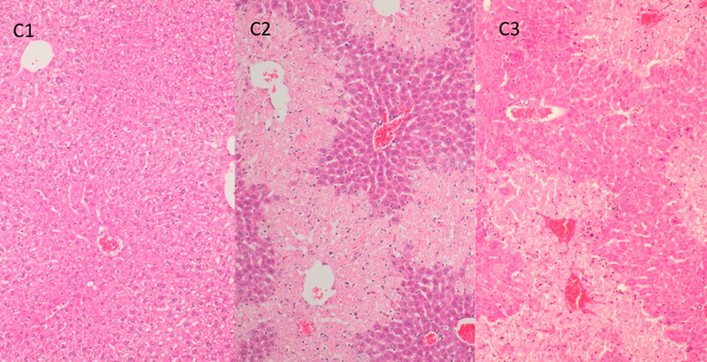New Study Identifies Organ-Specific Biomarkers for Acute Liver Injury
 isbscience.org/news/2016/10/06/new-study-identifies-organ-specific-biomarkers-acute-liver-injury/
isbscience.org/news/2016/10/06/new-study-identifies-organ-specific-biomarkers-acute-liver-injury/
ISB scientists recently published a study in the Journal of Proteome Research that presents results from a study on identifying organ-specific blood biomarkers for acute liver injury due to over-exposure to acetaminophen. From the summary:
3 Bullets:
- Finding organ-specific blood biomarkers for disease that are clinically useful is challenging.
- New study identifies organ-specific blood biomarkers for acute liver injury caused by over-exposure to acetaminophen.
- ISB researchers use the powerful, targeted mass spectrometry approach of selected reaction monitoring (SRM) to identify proteins.
Adverse effects associated with therapeutic drugs are a serious health concern and a costly challenge for healthcare systems. Many drug-induced adverse effects target the liver due to their immediate exposure through first-pass pharmacokinetics and the liver’s active roles in metabolizing xenobiotics.
To assess probable injury to an organ, it is important to monitor biologic materials that originate exclusively or primarily in that organ, in this case, liver-enriched proteins. For decades, cellular integrity indicators, such as levels of the transaminases, alanine aminotransferase (ALT, GPT), and aspartate aminotransferase (AST, GOT) in serum, have been used to reflect liver injury. However, use of these enzymes as surrogate markers of liver injury is not ideal. Because they are ubiquitously expressed at similar levels in multiple organs, an interpretation of their change in levels in blood in response to a toxin can be complicated as a consequence of these enzymes originating from many tissues other than liver.




